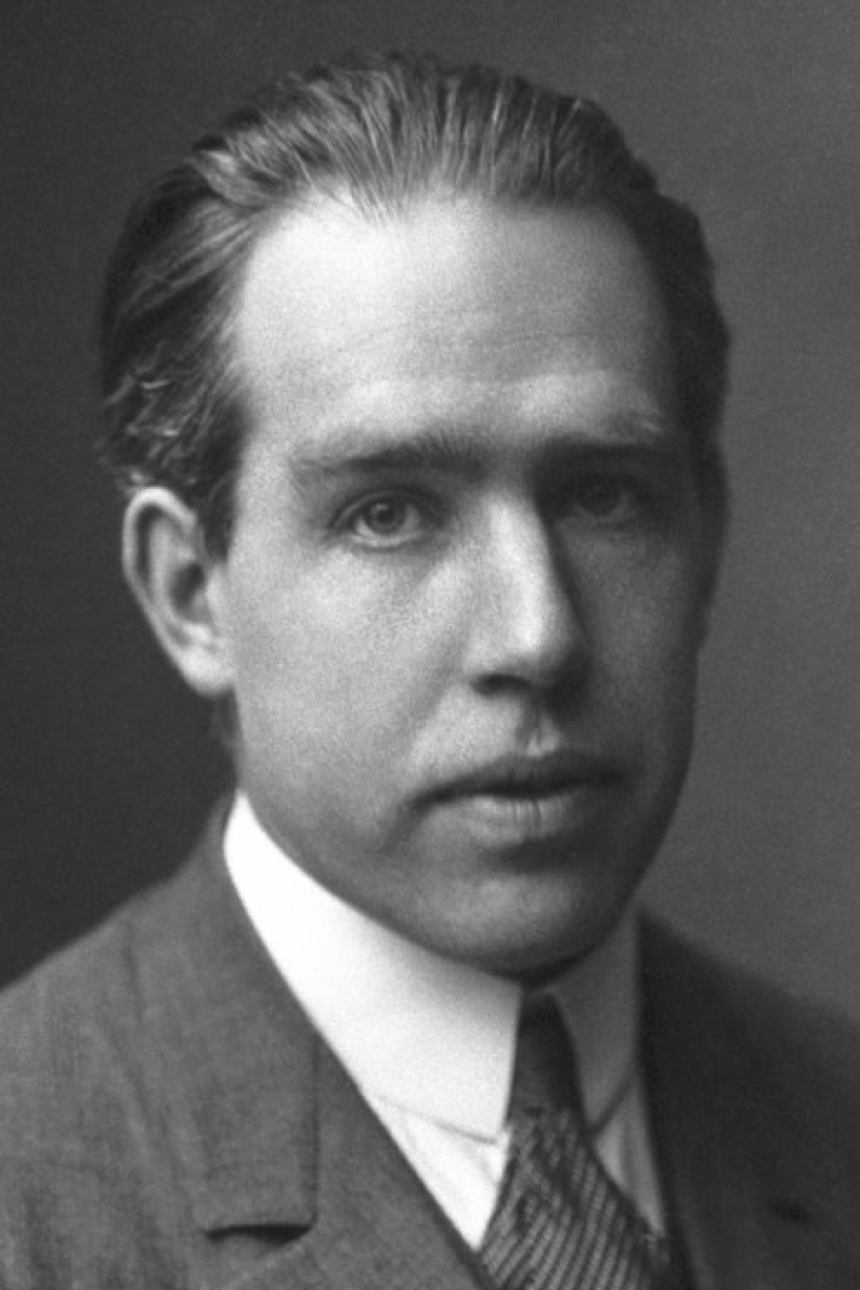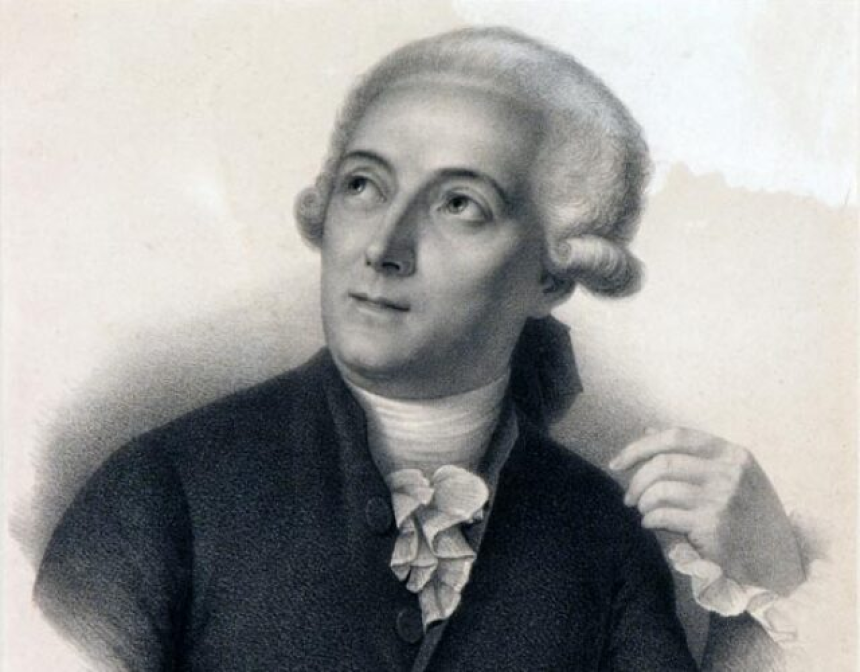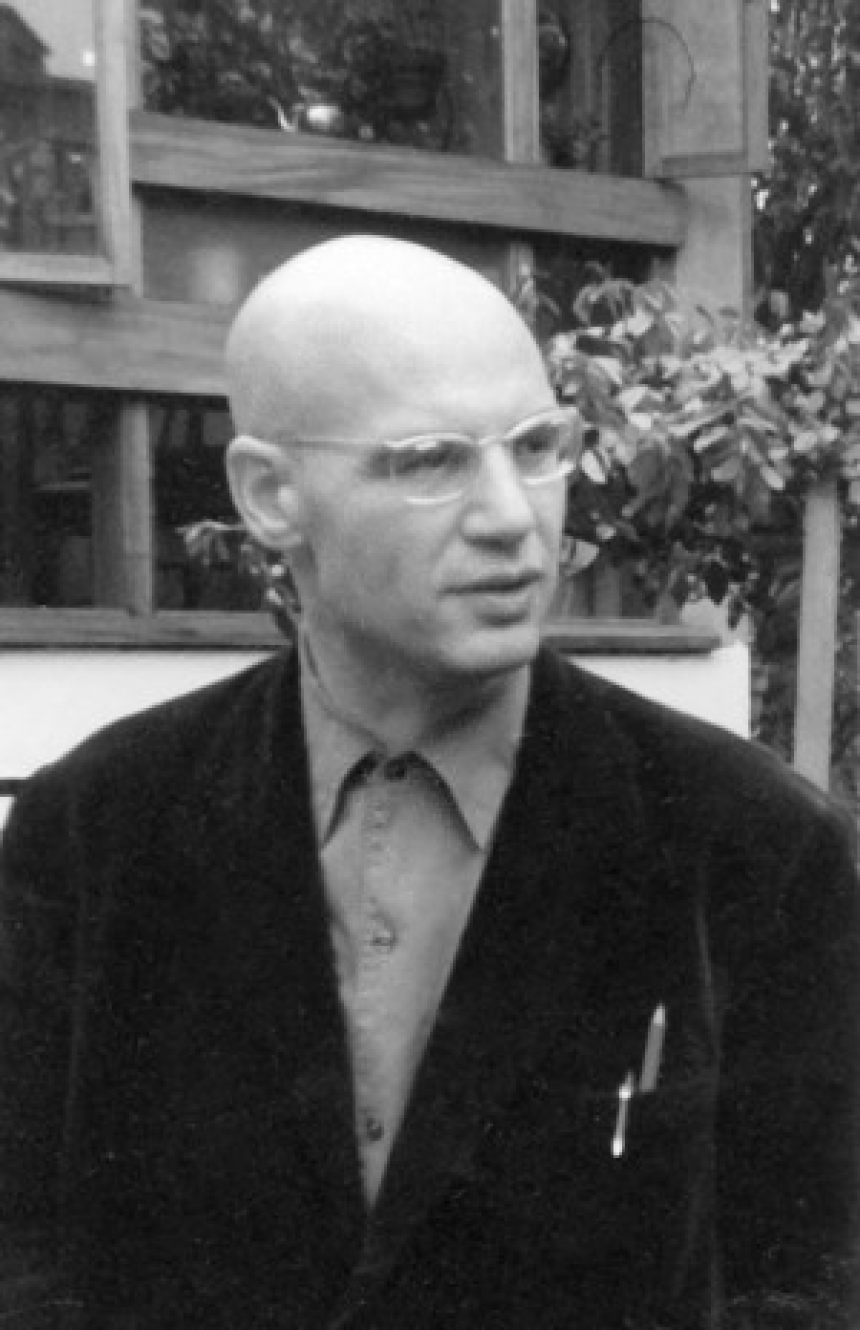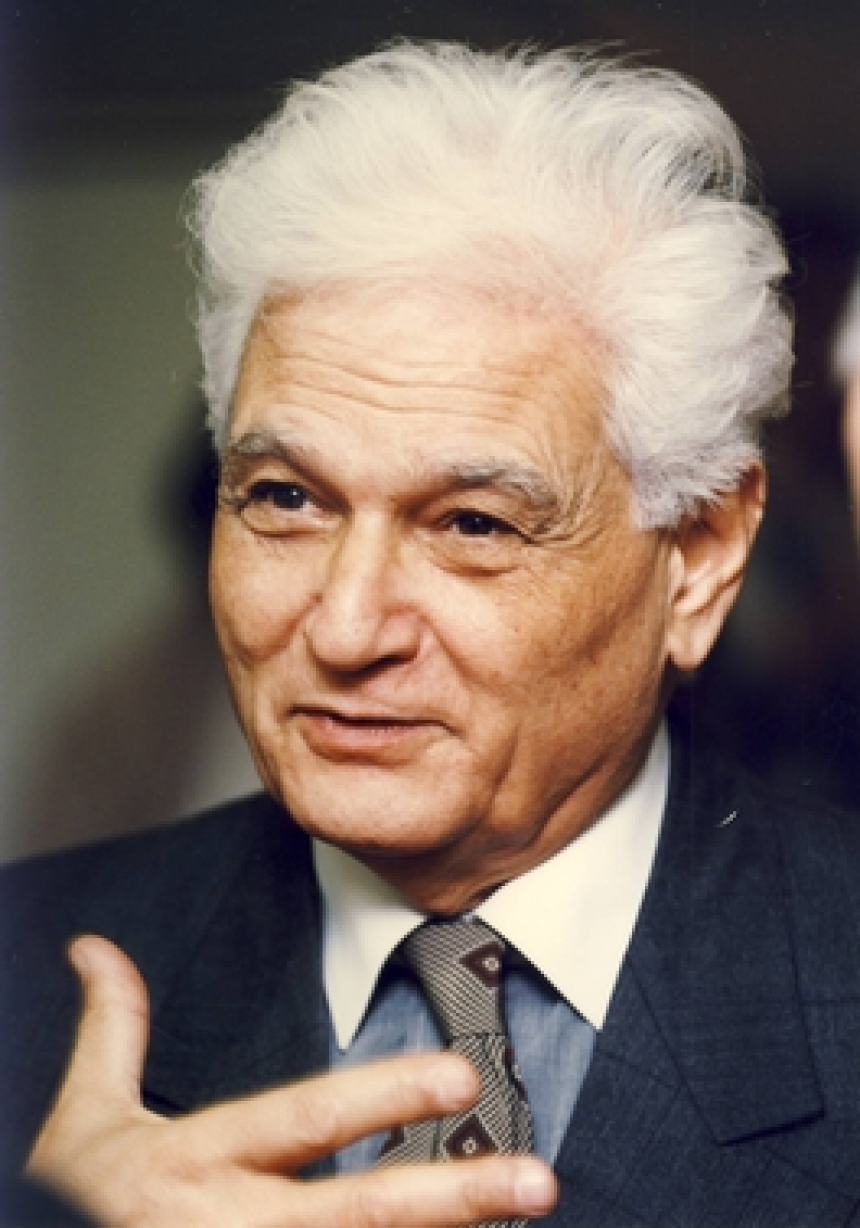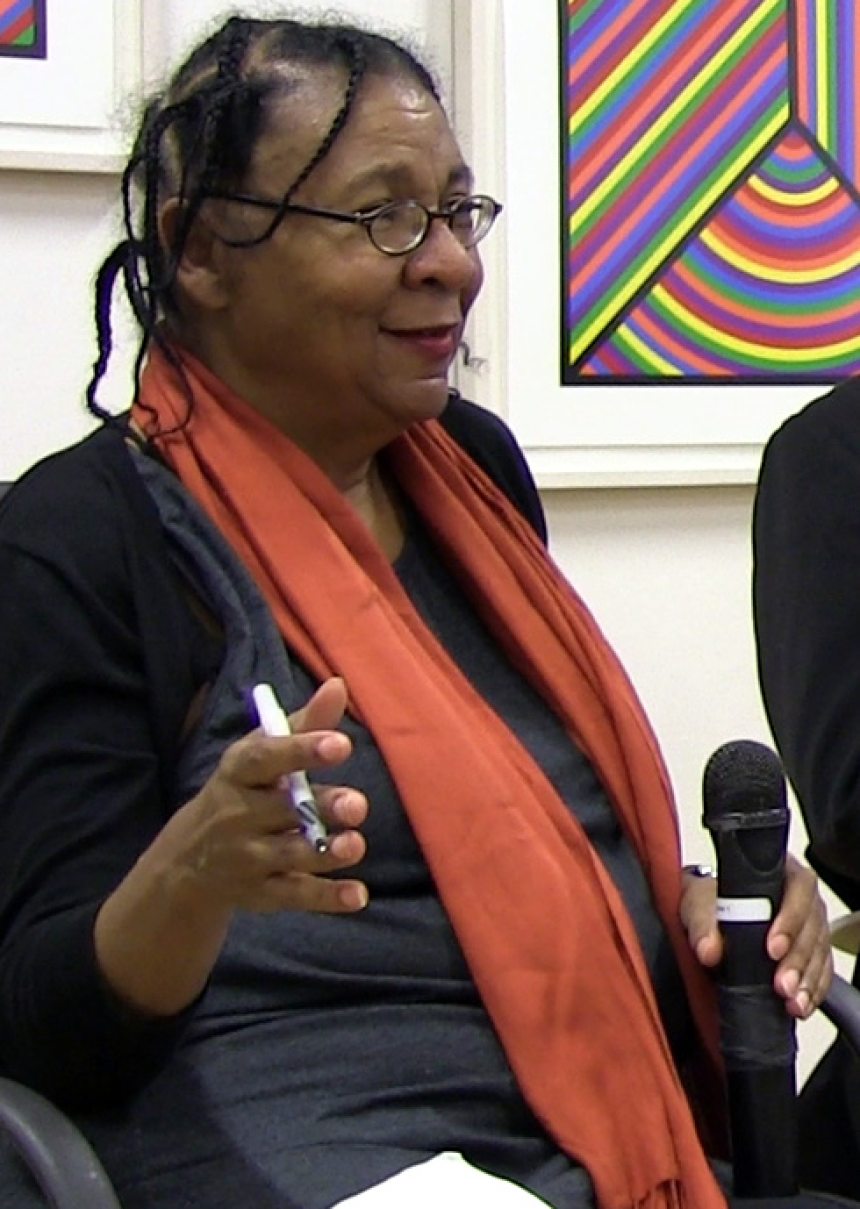
Stanley Fish
Stanley Fish: The Scholar Who Transformed Literary Theory
Stanley Fish: The Scholar Who Transformed Literary TheoryStanley Fish, a renowned American literary theorist and legal scholar, has made significant contributions to the field of literature and language studies. His work in the areas of reader-response theory, interpretive communities, and rhetoric has shaped the way we understand and analyze texts. In this blog post, we will explore the life and works of Stanley Fish, delving into his key ideas and their impact on literary criticism.
1. Early Life and Academic CareerStanley Fish was born on April 19, 1938, in Providence, Rhode Island. He completed his undergraduate studies at the University of Pennsylvania, where he developed his passion for literature and language. Fish went on to pursue a Ph.D. in English from Yale University, solidifying his commitment to the field.
After completing his doctoral degree, Fish began his academic career at the University of California, Berkeley. He later held prestigious positions at Johns Hopkins University, Duke University, and the University of Illinois at Chicago. Throughout his career, Fish published numerous books, articles, and essays that revolutionized the study of literature.
2. Reader-Response TheoryFish's most prominent contribution to literary theory is his development of reader-response theory. According to Fish, meaning is not inherent within a text; instead, it is constructed through the interaction between the reader and the text. He argues that the reader brings their own experiences, background, and values to the act of interpretation, influencing their understanding of the text.
By focusing on the reading process rather than the author's intention or the text's objective meaning, Fish's reader-response theory highlights the subjective nature of interpretation. This approach allows for a deeper analysis of how different readers interpret and engage with texts.
3. Interpretive CommunitiesIn addition to reader-response theory, Fish introduced the concept of interpretive communities. He argues that readers are not isolated individuals, but rather members of social groups with shared interpretive strategies. These communities form around common interests, beliefs, and ideologies.
Fish's theory suggests that readers' interpretations are influenced by the interpretive strategies of their respective communities. This concept has significant implications for literary analysis, as it acknowledges the role of social context in shaping a reader's interpretation of a text. By understanding interpretive communities, scholars can gain a more nuanced understanding of how different groups perceive and interpret literature.
4. Rhetoric and Composition StudiesAside from his contributions to literary theory, Stanley Fish has made significant contributions to rhetoric and composition studies. He emphasizes the importance of writing as a social practice, arguing that writing is inherently persuasive and that meaning is constructed through the act of writing.
According to Fish, the study of rhetoric and composition should focus on teaching students how to navigate and shape meaning through language. He believes that this approach enables students to become effective communicators and critical thinkers.
5. Legacy and ImpactStanley Fish's ideas have had a profound impact on literary theory and criticism. His emphasis on the reader, interpretive communities, and rhetoric has challenged traditional ideas about the role of the author and the objective meaning of texts. Fish's work has sparked debates and discussions in academic circles, shaping contemporary literary studies.
Today, scholars continue to explore and build upon Fish's theories, shedding new light on the complexities of interpretation and the subjective nature of meaning. His ideas have paved the way for interdisciplinary approaches and cross-cultural studies, highlighting the diverse ways in which different readers engage with and interpret texts.
ConclusionStanley Fish's contributions to literary theory have left an indelible mark on the field. Through his work on reader-response theory, interpretive communities, and rhetoric, he has challenged traditional notions of interpretation and deepened our understanding of how readers engage with texts. Fish's ideas continue to shape contemporary literary studies and inspire scholars to explore new avenues of research and analysis.
FAQs about Stanley Fish1. What is Stanley Fish known for?Stanley Fish is known for his work in literary theory, particularly his development of reader-response theory, the concept of interpretive communities, and his contributions to rhetoric and composition studies.
2. What is reader-response theory?Reader-response theory, developed by Stanley Fish, suggests that meaning is not inherent within a text. Instead, meaning is constructed through the interaction between the reader and the text. The reader's interpretation is influenced by their own experiences, background, and values.
3. What are interpretive communities?Interpretive communities, introduced by Stanley Fish, are social groups with shared interpretive strategies. Readers are influenced by the interpretive strategies of their respective communities, shaping their interpretations of texts.
4. How has Stanley Fish's work impacted literary criticism?Stanley Fish's work has challenged traditional ideas about the role of the author and the objective meaning of texts. His emphasis on the reader, interpretive communities, and rhetoric has influenced contemporary literary criticism and expanded the field's understanding of interpretation.
5. What is the legacy of Stanley Fish?Stanley Fish's ideas continue to influence literary theory and criticism. His concepts have spurred ongoing debates and discussions, inspiring scholars to further explore the complexities of interpretation and the subjective nature of meaning.

